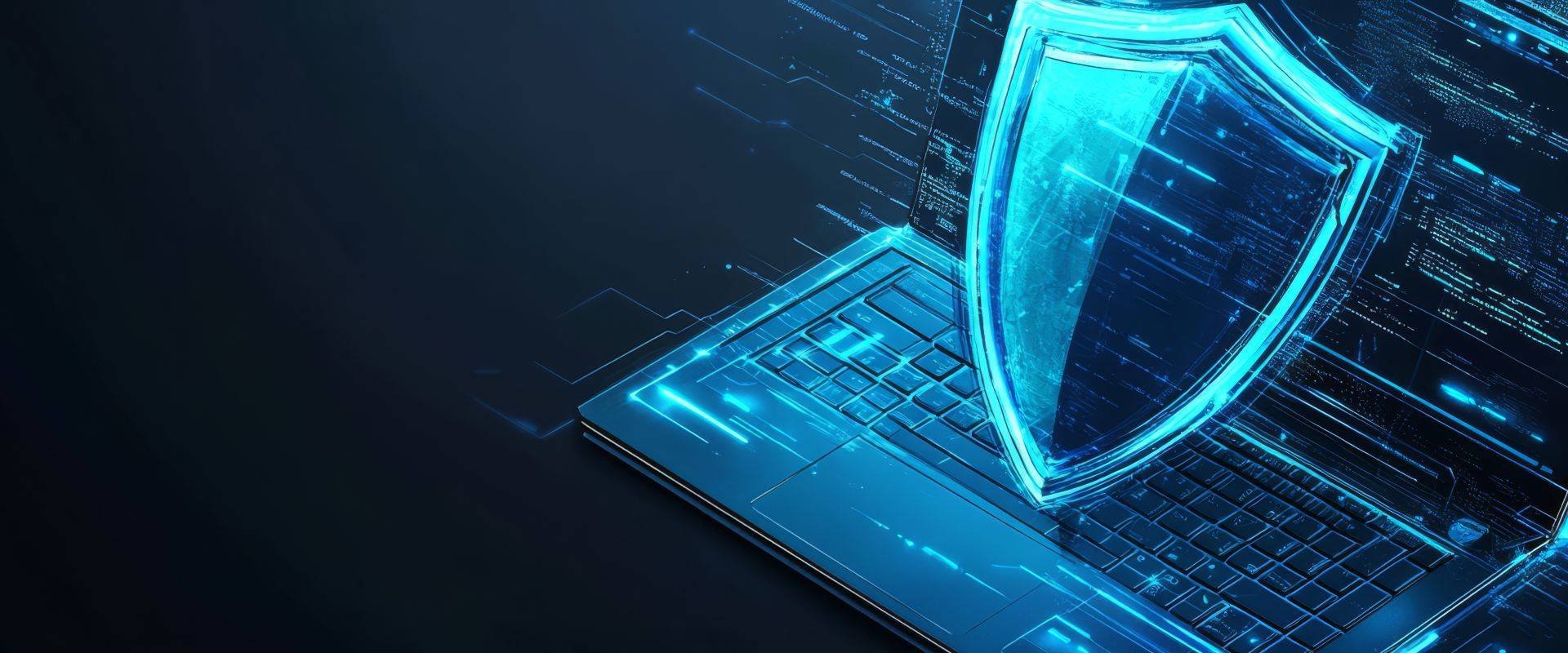
Cybersecurity
10 simple steps for more digital security in everyday business life



Weak passwords are one of the most common causes of successful cyber attacks. Ensure that all employees use strong, unique passwords consisting of a combination of letters, numbers and special characters. A password manager can help to create complex passwords and store them securely.
Recommended action: Enforce password policies and support with password managers.
Multi-factor authentication (MFA) adds an extra layer of security. Even if a password is compromised, access to accounts can be prevented by a second authentication factor, such as a code on the smartphone or passkey.
Recommended action: Enable MFA for all business-critical applications and accounts.
Cyber criminals often exploit security gaps in outdated software. Regular updates and patches close these vulnerabilities and make it harder for attackers to penetrate your systems.
Recommended action: Implement automated update management for all devices and applications.
Phishing emails are one of the most common methods of attack. A seemingly harmless email with a malicious link or attachment can put the entire company at risk. Train your employees to recognize suspicious emails and use spam filters.
Recommended action: Test your workforce regularly with simulated phishing attacks to increase awareness.
Backups are your life insurance in the event of a cyber attack or system failure. Make sure that all important data is backed up regularly - ideally both locally and in the cloud.
Recommended action: Regularly check the recoverability of your backups to be prepared in the event of an emergency.
Not every employee needs access to all systems or sensitive data. Use the principle of "minimum rights" to limit access to what is absolutely necessary.
Recommended action: Check access rights regularly and immediately withdraw access from former employees.
Smartphones, laptops and tablets are essential work devices - but also potential gateways for cyberattacks. Ensure that all mobile devices are protected by password, fingerprint or facial recognition and are encrypted.
Recommended action: Use mobile device management solutions to enforce security policies on all devices.
People are often the weakest link in the cyber security chain. Invest in regular training to educate your employees about current threats and how to use IT systems securely.
Recommended action: Establish cyber security as an integral part of the corporate culture.
Public Wi-Fi networks are a major security risk. Ensure that your employees always use a virtual private network (VPN) when working remotely.
Recommended action: Offer your employees a company VPN and train them in its use.
Even with the best security precautions, no company is 100% protected against attacks. A clear emergency plan helps you to react quickly and effectively in an emergency to minimize damage.
Recommended action: Create an incident response plan and practise its implementation regularly, e.g. in the form of simulation games.
Cyber security doesn't have to be expensive or complicated - many measures can be implemented immediately with little effort. As a manager, you can make a significant contribution to better protecting your company by setting clear guidelines and promoting a security culture. Start with these 10 steps and make digital security an integral part of your day-to-day business. After all, prevention is always cheaper and easier than dealing with the consequences of a cyberattack.
Whether for prevention or in an emergency - we help you to ensure the security of your company. Contact us today and let us protect your company together. Don't wait for the next attack, act now!